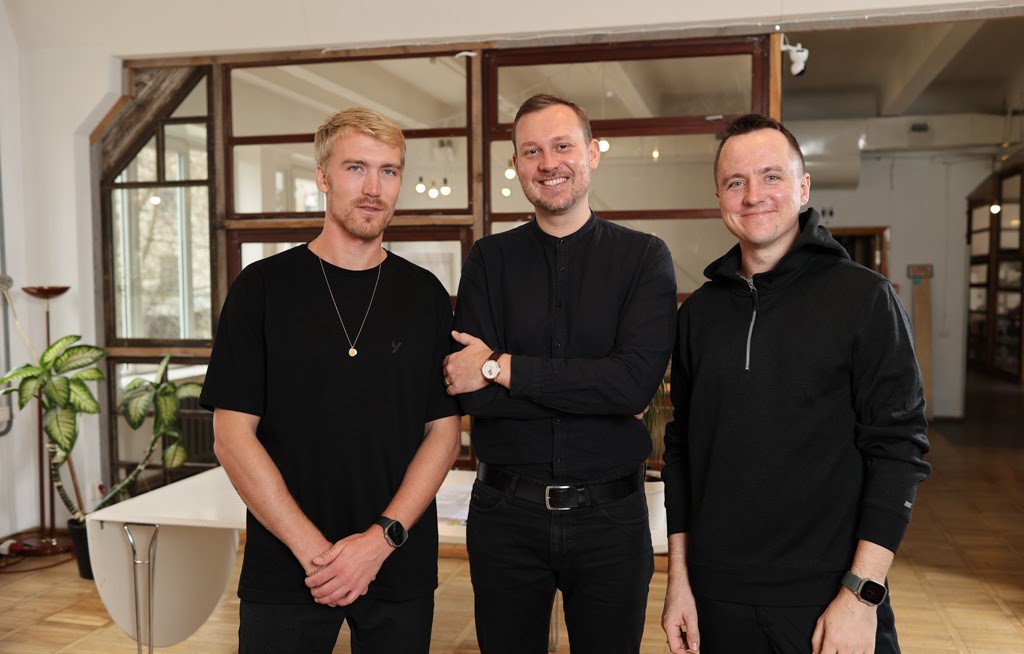By Riley Kaminer
When Janis Vavere set out to build a better tool for modern product engineering, he wasn’t just looking to disrupt an industry – he was simply trying to fix a problem he had seen firsthand.
Having spent years working with Jama Software, a design platform for complex industrial products, Vavere kept running into the same roadblock: legacy tools were struggling to keep pace with the increasing complexity of regulated industries like automotive, aerospace, and medical devices.
“The legacy tools and processes are struggling,” Vavere told TechCrunch. “IBM’s tools for this were designed in the late ’80s. It’s a desktop client and needs to be installed on every computer.”
That frustration turned into a vision, and now, Trace.Space: a Latvian-turned-Miami startup with its sights set on the U.S. market. The company just secured $4 million in seed funding to propel its AI-driven product engineering platform forward. Cherry Ventures led the round, with additional participation from Outlast Fund, Nebular, Fiedler, and Change Ventures.
At its core, Trace.Space is tackling the inefficiency in how industrial products are designed and developed. Traditionally, engineers rely on legacy on-premise software to simulate real-world performance before physical prototypes are built. This process is slow, expensive, and often disconnected from the fast-paced demands of industries like electric and autonomous vehicles, robotics, semiconductors, and satellite development.
Enter Trace.Space, which takes a different approach by bringing everything into the cloud and integrating AI at every step of the design process.
“It’s now the right moment to combine modern software architectures and UIs with AI, and apply them to these industries,” Vavere said. “Companies are looking for something better right now.”
Unlike some AI startups that act as simple “wrappers” around existing tools, Trace.Space is building its AI from the ground up. The platform uses a handful of the most popular AI/LLM models to automate and optimize engineering processes. The goal: enabling manufacturers and suppliers to collaborate seamlessly – reducing response times and accelerating the journey from concept to production.
Vavere and his co-founders [pictured above] – Mikus Krams and Karlis Broders – are betting that AI-driven solutions will become the new standard for product design. And with Western manufacturers under increasing pressure to compete with their faster-moving counterparts in Asia and elsewhere, there’s no time to waste.
READ MORE IN REFRESH MIAMI:


